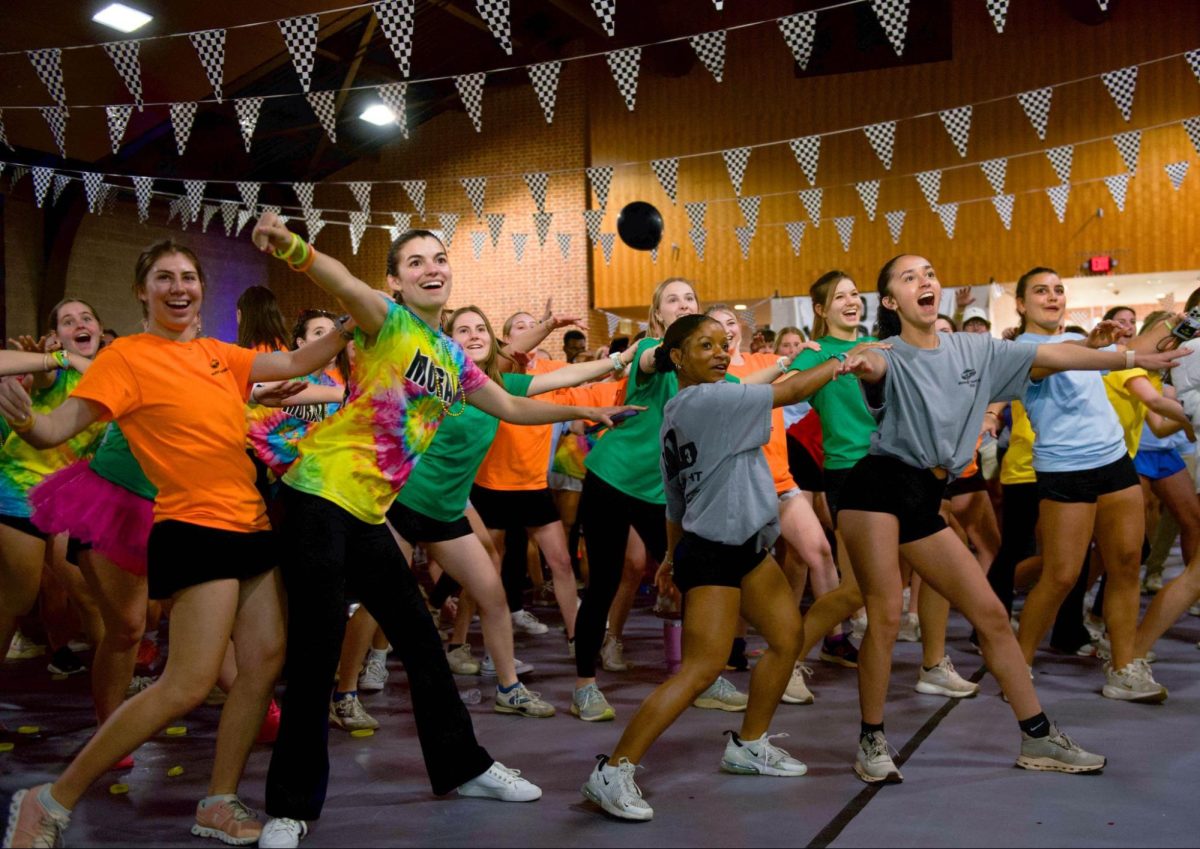“To be with the one I love and to think of something else: this is how I have my best ideas, how I best invent what is necessary to my work,” Roland Barthes says in The Pleasure of the Text. The beautiful misdirection Barthes speaks of has to do with deep feeling’s associative power, a creative occurrence that pivots off the active heart. Bending the axiom away from the lovely, I’ve found that running nourishes me with something quite like Barthes’ lover. My intense, sometimes womblike bobbing on the treadmill has indirectly generated some of my best ideas, or at least exhumed pieces of moribund writing.
If ever I find myself unhappy or frustrated writing a review, editorial or academic paper, I run. The act of running dissipates the fog, its consistent bounce lulling my brain into an empty rhythm, one that silently clears out all the malformed thought to make room for a kind of sylvan bliss. Ideas, like disembodied arms wrestling in space, no longer stunt one another, but roam in and out of the clearing like gentle animals. It’s an Edenic catatonia where recaptured innocence induces a receptive present instead of a time-lorn projection.
The physical tumbling forward gathers itself in a poised procession of ideas, some confidently swatted, other’s flashing like sticky lightning, begging to be bolted onto language. When the latter happens, I snatch my phone from the treadmill’s ledge and shakily type paragraphs about (real examples) Jordan Peele’s Us or Nicole Krauss’s Forest Dark.
It’s a Romantic sentiment to view the physical act of running as one that breaks the habits of perception. But with every bead of sweat, one expires pieces of the ill-fated finicking that slips out words like scatological bullets. A run, either in nature or on the looping tread, can separate experience from time. We release from chronology into atypical reflection, a mood not of mental lassitude, but of spontaneous liberation, “an eye made quiet by the power/Of harmony” as Wordsworth says. In this meditative presence, termed by the unpronounceable Mihaly Csikszentmihalyi as “Flow,” time elapses as an unknown rate. Unutterable overflows can rise into a head and be skimmed off the top of the brain, a skimming whose final stage is a frantic assembly into word (this last part is me on my phone, sweat dropping on my jack-hammering screen). Running plays within a viscous ocean that randomly sprays the forebrain with tiny insight.
The word itself, play, is often used to describe how we arrive at our best ideas. Like Barthes says, it’s a spontaneity spawned from a concentrated elsewhere (the one he loves; the run). Our receptivity to play spurts us toward some better idea, and the moment our self-conscious awakens, we stumble toward translation through a discombobulated snatch. Perhaps this is an over-analysis of why I’ve come to enjoy running, an activity I used to despise precisely because it ached with my own over-sensitivity to its duration. But the unpredictable, mini-madnesses that have jarred me on the treadmill have produced bunches of paragraphs that have been incorporated into my work. I can’t ignore those gifts.
It’s a strange thing, the human mind. Paralyzed by backward-looking nostalgia and spurred on by an anxious future, it resists the beauty and insight of presence. But the best feelings (then ideas) arise from zaps of innocence, portions of presence gleaned after the fact. Surely, I’ve looked strange, boring down on my phone while dripping sweat, but know it’s because I am in a frenzied act of translation. I’ve been singed, and wish to memorialize marks of eternity and show it to you. Sadly, it’s impossible. For Willem De Kooning, “Content is the glimpse of something, an encounter like a flash. It’s tiny –— very tiny, content” For me, too, in so many words.














